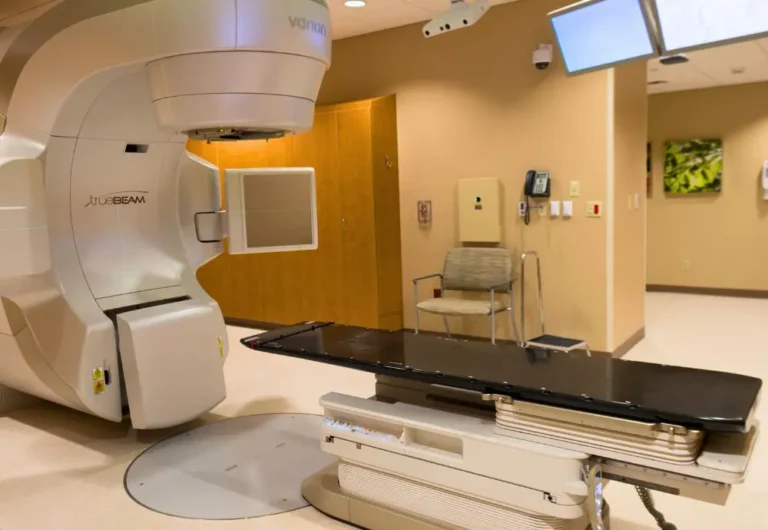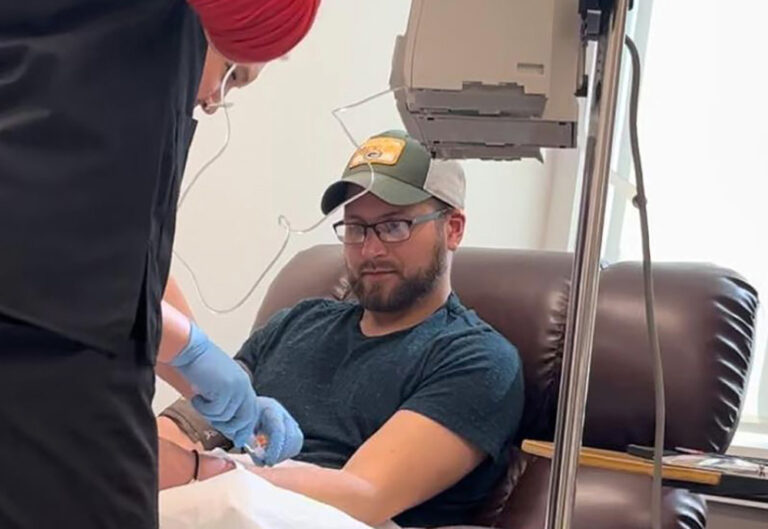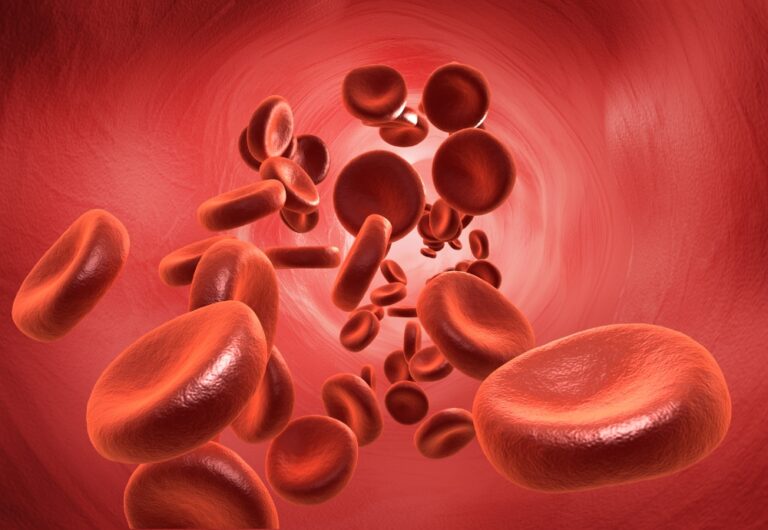There are 2 types of esophageal carcinoma: squamous cell carcinoma and adenocarcinoma. Adenocarcinoma typically develops in the lower part of the esophagus. Since 1975, it has increased fivefold in the United States. As far as risk factors for this increased incidence are concerned, chronic acid reflux is at the top of the list.
Chronic acid reflux is a condition where stomach acid flows back into the esophagus over a period of years. Over time, the cells which line the esophagus can start to resemble cells of the stomach lining. This condition is called Barrett’s esophagus. In some patients with Barrett’s esophagus, there are further tissue changes, showing increased cell proliferation and in some cases progression to adenocarcinoma of the esophagus.
There is some recent data showing that when patients with Barrett’s esophagus take stomach acid reducers called proton pump inhibitors, there is less risk of progression to adenocarcinoma.
In addition, some evidence shows that low dose aspirin taken by patients with Barrett’s esophagus over many years may reduce the risk of adenocarcinoma by as much as 20 percent.
Obesity and diet appear to be important risk factors in the development of esophageal cancer. In one large study looking at data from 218854 AARP members, it was noted that a body mass index of 35 kg/m2 or greater was linked to an increased risk of adenocarcinoma of the esophagus and upper part of the stomach.
A diet low in vegetables and fruit consumption also appears to result in a higher rate of esophageal cancer.
There has been concern that oral biphosphonates which are commonly taken by women to reduce the risk of thinning of the bone are a risk factor for adenocarcinoma of the esophagus. However in a recent British study looking at 42,000 patients, this did not seem to be the case. For patients on biphosphonates, it is still important that they remain in an upright position for at least 30 minutes after taking their biphosphonate pill in order to avoid chronic irritiation of the esophagus.
So, what would be practical advice for esophageal cancer prevention?
Speaking for myself, I definitely will watch my diet and weight more, have fruits on the kitchen table instead of cookies and hope to have more guidance regarding the use of aspirin once more information from a large prospective British Chemoprevention trial looking at aspirin and esophageal cancer is available.
I already had a screening scope exam of my esophagus and stomach and plan to recommend it to my patients, particularly if there are symptoms of reflux.








